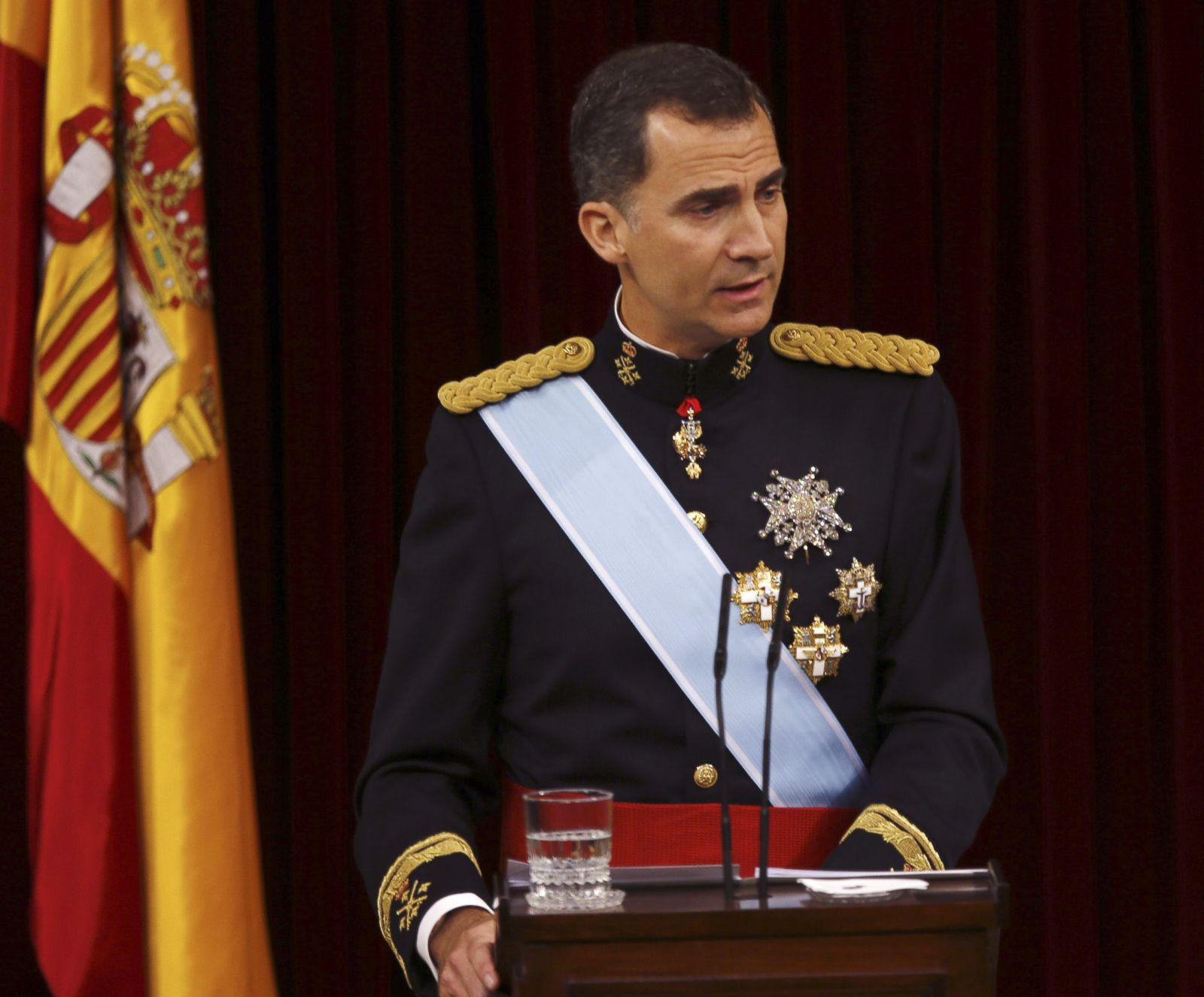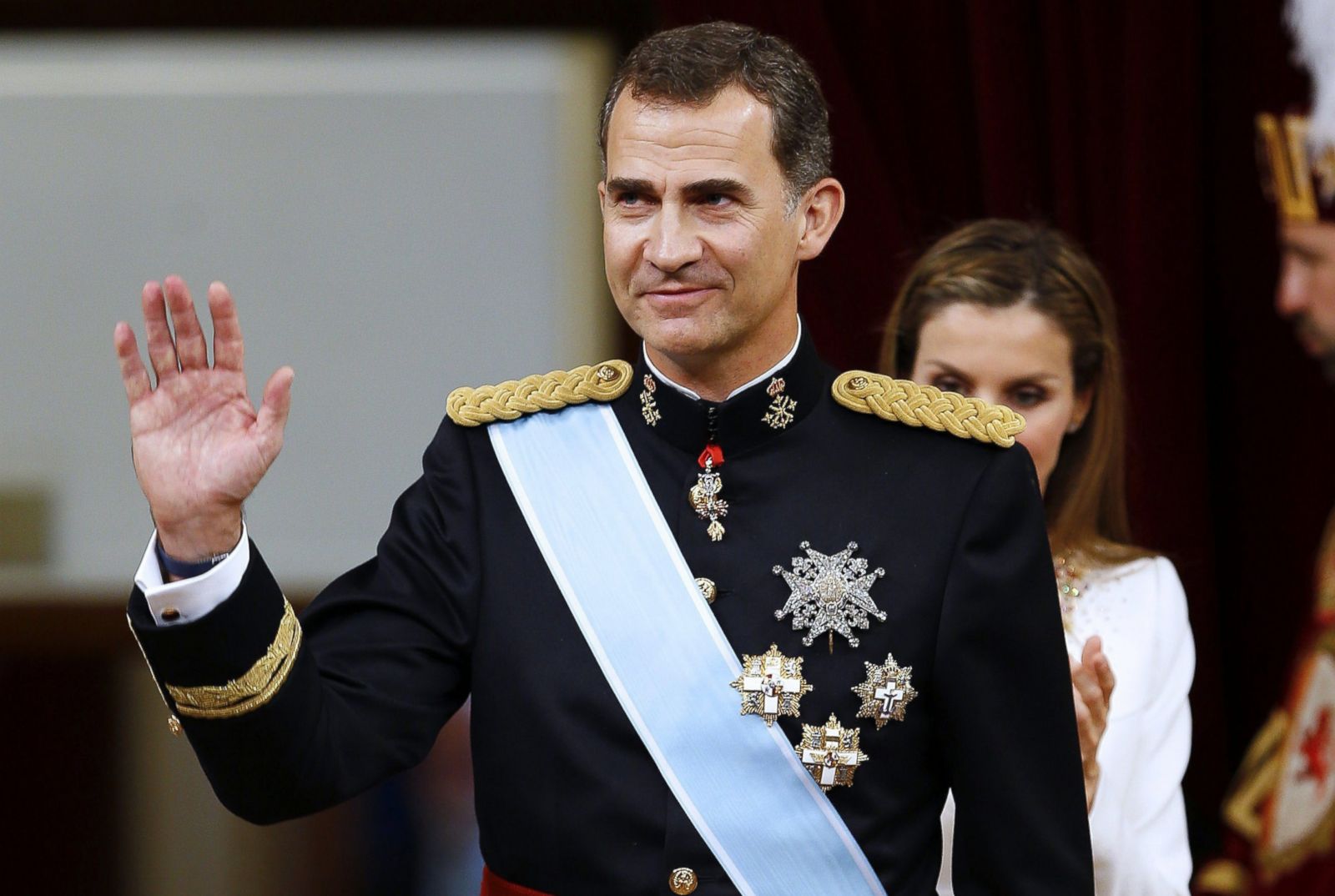Historical and Cultural Significance

The Spanish monarchy is one of the oldest in the world, with its roots tracing back to the Visigothic period in the 5th century AD. The current monarch, King Felipe VI, is a direct descendant of the first King of Spain, Pelayo, who founded the Kingdom of Asturias in 718 AD.
Throughout history, the Spanish monarchy has played a central role in the country’s political, cultural, and religious life. The kings and queens of Spain have led the country through wars, conquests, and periods of peace and prosperity. They have also been patrons of the arts and sciences, and have helped to shape the country’s cultural identity.
Lineage and Reign
The current King of Spain, Felipe VI, was born in 1968 and ascended to the throne in 2014 following the abdication of his father, King Juan Carlos I. Felipe VI is a constitutional monarch, and his role is largely ceremonial. However, he still plays an important role in the country’s political life, and he is seen as a symbol of national unity.
The King of Spain, a passionate tennis enthusiast, will undoubtedly be glued to the screen as Carlos Alcaraz takes on the formidable Novak Djokovic in a highly anticipated clash at the carlos alcaraz vs djokovic. The young Spaniard, known for his electrifying game and unwavering determination, will face a true test of his skills against the seasoned Serbian champion.
The King, a symbol of unity and sportsmanship, will undoubtedly be rooting for Alcaraz to bring home the victory for Spain.
Felipe VI is a well-educated and experienced monarch. He holds a degree in law from the Complutense University of Madrid and a master’s degree in international relations from Georgetown University. He has also served as a member of the Spanish Armed Forces.
Felipe VI is a popular and respected monarch. He is seen as a modern and progressive leader, and he has worked to improve the image of the monarchy after the scandals that plagued the reign of his father.
King Felipe VI of Spain is a young and vibrant monarch, whose reign has been marked by a commitment to modernization and reform. Born in 1968, he ascended to the throne in 2014 at the relatively young age of 46.
Despite his youthful appearance, he has shown great maturity and wisdom in his role as head of state. His reign has been characterized by a focus on economic growth, social justice, and environmental sustainability.
Political and Constitutional Framework: King Of Spain

Spain operates under a constitutional monarchy system, with the King serving as the Head of State. The King’s powers are defined by the Spanish Constitution of 1978, which establishes a parliamentary monarchy with a strong executive branch led by the Prime Minister.
Relationship with the Government
The King’s role is primarily symbolic, representing the unity and continuity of the Spanish state. He has no direct involvement in the day-to-day governance of the country, which is handled by the Prime Minister and the Cortes Generales, the Spanish parliament.
Head of the Armed Forces
The King is the supreme commander of the Spanish Armed Forces, but his role is largely ceremonial. Operational control of the military lies with the Prime Minister and the Ministry of Defense.
Symbol of National Unity
The King serves as a symbol of national unity, representing the diverse regions and cultures of Spain. He plays an important role in promoting national cohesion and fostering a sense of shared identity among the Spanish people.
International Relations and Diplomacy
Spain’s foreign policy is based on a commitment to peace, democracy, and human rights. The King plays an important role in shaping this policy, through his diplomatic visits and his efforts to promote Spain’s interests abroad. He also plays a key role in fostering relationships with other nations and international organizations.
Diplomatic Visits
The King regularly undertakes diplomatic visits to other countries, both in Europe and around the world. These visits are an opportunity for him to meet with foreign leaders and discuss issues of mutual interest. The King also uses these visits to promote Spain’s culture and values.
Promotion of Spain’s Interests
The King also works to promote Spain’s interests abroad. He does this through his meetings with foreign leaders, as well as through his speeches and public statements. The King’s efforts have helped to strengthen Spain’s relationships with other countries and have promoted Spain’s economic and political interests.
Fostering Relationships with Other Nations, King of spain
The King also plays a key role in fostering relationships with other nations. He does this through his attendance at international summits and conferences, as well as through his meetings with foreign leaders. The King’s efforts have helped to strengthen Spain’s relationships with other countries and have promoted Spain’s role in the international community.